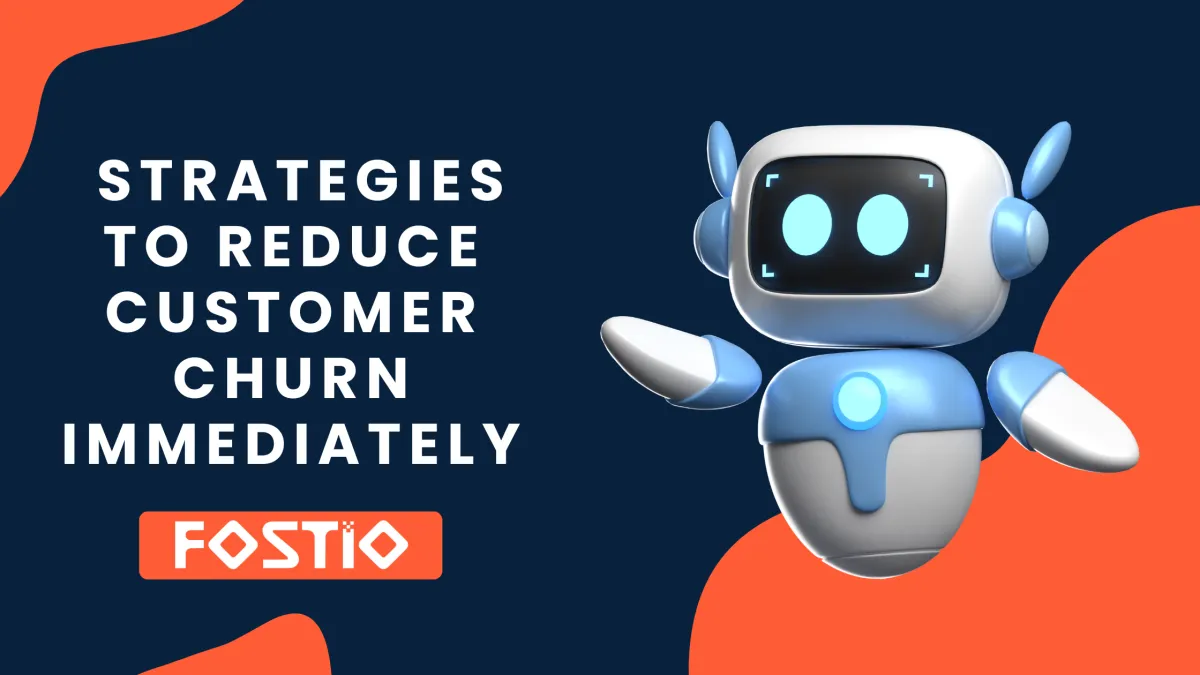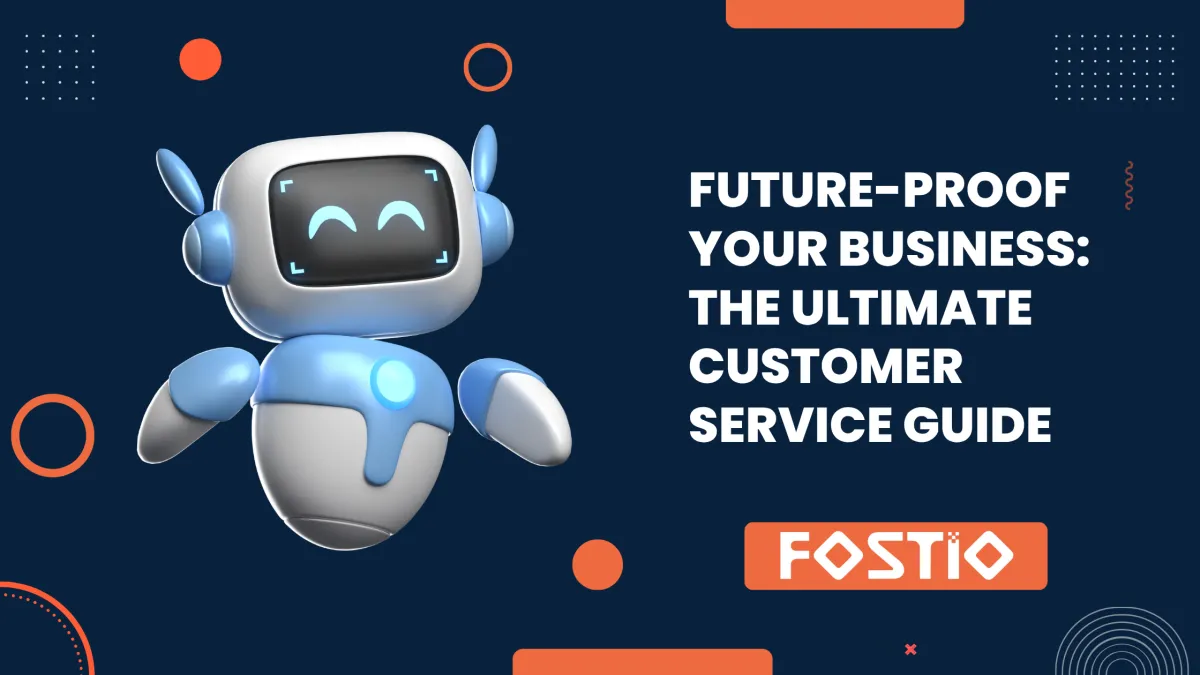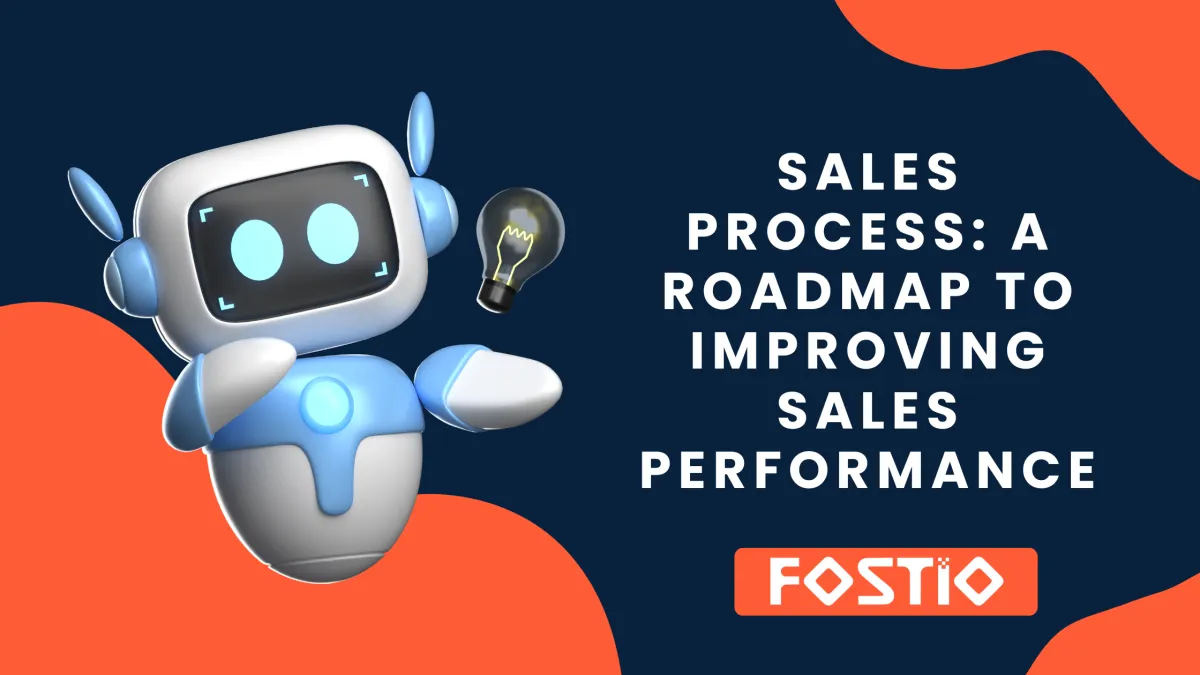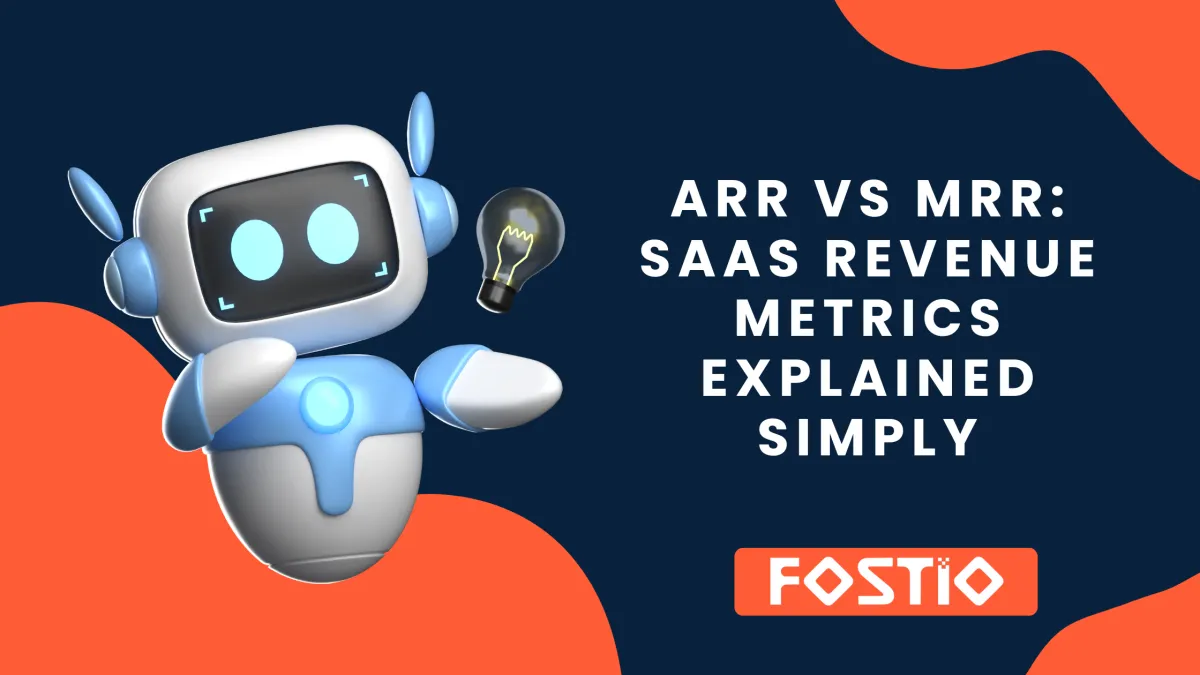12 Proven Strategies to Reduce Customer Churn Immediately
Learn 12 data-backed strategies to reduce customer churn and boost retention by 25-95%. From predictive analytics to customer success tactics that actually work.

Learn 12 data-backed strategies to reduce customer churn and boost retention by 25-95%. From predictive analytics to customer success tactics that actually work.

Your 2025 Customer Service Playbook is here! Learn expert techniques for personalization, proactive support, and creating unforgettable customer experiences.

Learn how to create a winning sales process that drives revenue growth, improves customer relationships, and ensures business sustainability. Discover the 7 key steps to closing more deals faster!

Learn how to accurately value a SaaS business. Explore key metrics, valuation methods, and strategies to increase your company's worth. Get expert insights now!

Discover why Fostio is the ideal all-in-one marketing software solution for businesses of all sizes. From comprehensive features and user-friendly design to exceptional support, Fostio helps you streamline your marketing efforts and drive results.

Decode ARR & MRR! Learn the crucial differences, calculations, and how these SaaS metrics drive growth, impress investors, and boost your bottom line.
Address: 99 Wall Street #1258 New York, NY 10005
Mobile: +1(929)645-1050 / +919871220438
FOLLOW US ON


100% PCI Compliant
Address:
B-001, Phase-1, Sobha International City, sector-109, Near Dwarka Expressway, Gurgaon, Haryana - 122017
Mobile: +919871220438
FOLLOW US ON